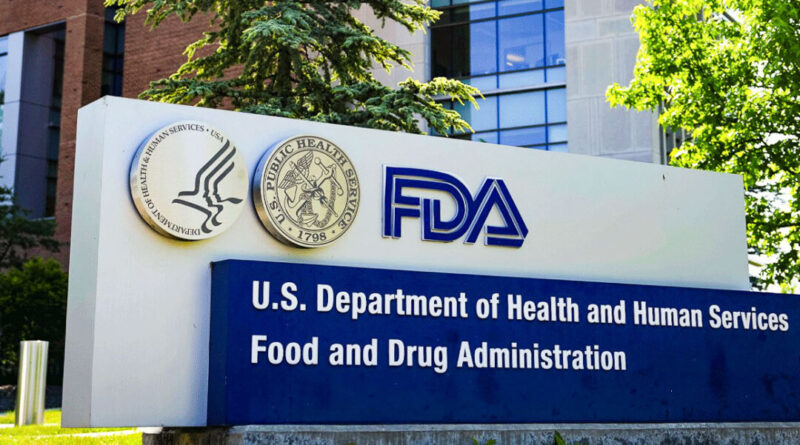Listeria Risks Prompt Recall of Turkey Sandwiches
Consuming products contaminated with the pathogen can cause ‘serious and sometimes fatal’ infections among children and elderly people.
Indiana-based CIBUS Fresh is recalling multiple sandwich products due to concerns about potential pathogen contamination, which poses a health risk to consumers.
The company is recalling “products containing ‘Glenview Farms Spreadable Brie, 2/3 lb’ due to supplier notification of a possible Listeria monocytogenes,” as stated in a Nov. 8 announcement by the U.S. Food and Drug Administration (FDA). These items were distributed under the labels CIBUS Fresh, Jack & Olive, and Sprig and Sprout, and were sold in Kentucky, Illinois, Indiana, Missouri, Ohio, and Tennessee. The company has notified the FDA of the product withdrawals and is working to prevent further distribution of the affected items.
The three products being recalled by CIBUS are CF/Autumn Turkey Sandwich 9.65oz, J&O Autumn Turkey Sandwich 9.65oz, and S&S Autumn Turkey Sandwich 9.65oz. These products have specific item codes, UPC codes, and expiry dates mentioned in the recall.
“Use or consumption of products contaminated with Listeria monocytogenes can cause serious and sometimes fatal infections in young children, frail or elderly people, and others with weakened immune systems,” according to the announcement.
CIBUS advises customers who have purchased the recalled items to not consume them. Instead, they should be disposed of or returned for a full refund.
The company has halted the production and distribution of all products containing the affected ingredients to prevent any further contamination.
The Glenview recall was issued on Nov. 4 by Savencia Cheese USA, with no confirmed reports of adverse health effects at that time.
The recent recall follows several other listeria-related product withdrawals in the past few weeks.
For example, on Oct. 9, Oklahoma-based BrucePac recalled nearly 10 million pounds of ready-to-eat meat and poultry due to potential contamination, which was later expanded to 11.7 million pounds. Over 200 schools had received the affected products.
Additionally, on Oct. 18, Illinois-based TreeHouse Foods withdrew multiple brands of frozen waffle products over concerns about listeria contamination.
Protection From Infected Foods
Listeria infects an estimated 1,600 Americans annually, resulting in 260 deaths due to the infection, as reported by the U.S. Centers for Disease Control and Prevention. The bacterium can contaminate various food types, leading to infections in individuals who consume these contaminated foods.
According to the FDA, foods that are contaminated by listeria include raw meats, ready-to-eat processed meats like hot dogs or deli meat, ready-to-eat smoked or raw seafood, melons, unpasteurized milk, soft cheeses made from unpasteurized milk, stored salads, and raw vegetables.
“Pasteurization, cooking, and most disinfecting agents can kill L. monocytogenes,” as noted by the FDA. “However, contamination may occur in some ready-to-eat foods, such as hot dogs and deli meats, after cooking but before packaging. These products can be safely consumed if heated until steaming hot.”
To prevent listeria infection at home, the FDA recommends washing the inside walls and shelves of refrigerators, as well as cleaning cutting boards, utensils, and countertops that have come into contact with contaminated foods. These surfaces should then be sanitized with a solution of one tablespoon of chlorine bleach in one gallon of hot water and dried with a clean cloth.
Hands should be washed with warm water and soap for at least 20 seconds before and after handling food, as per the FDA’s guidance.
“Special care should be taken to avoid cross-contamination when handling pet food,” the agency advised. “Ensure food dishes are promptly cleaned after pets finish eating, and prevent children, the elderly, and individuals with weakened immune systems from handling or being exposed to food or pets that may have consumed potentially contaminated items.”





